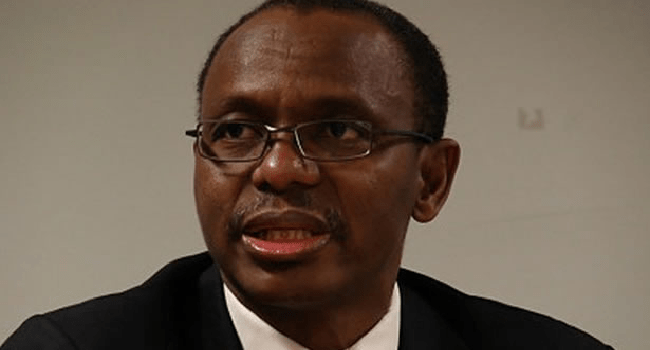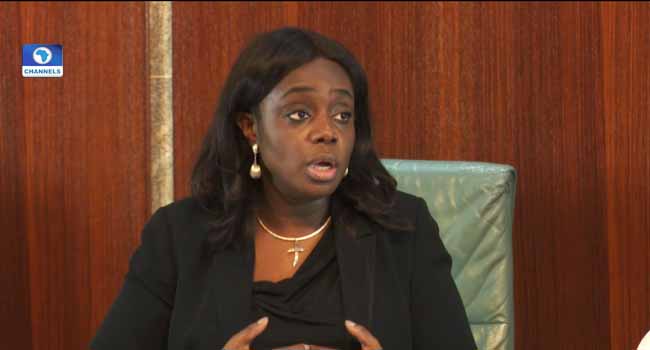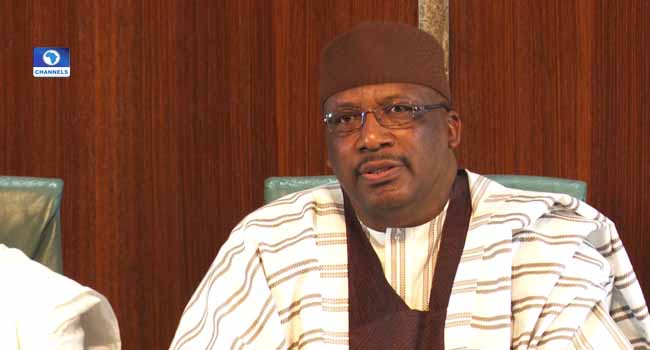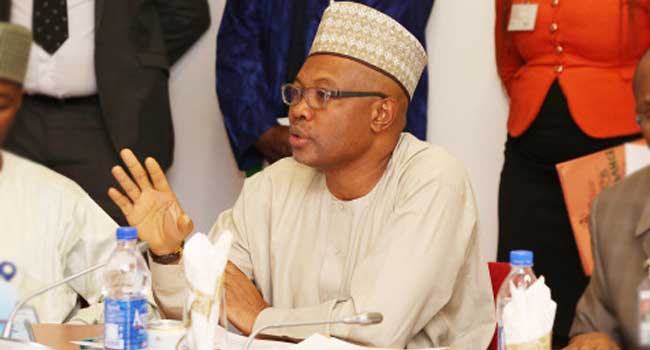
El-Rufai presented the budget during a town hall meeting with indigenes of the state. The budget is 166 billion Naira.
According to the Governor, the aim of the meeting was to subject the budget to public scrutiny, whereby the people would make their inputs before the bill is finally presented to the House of Assembly for consideration in December.
The budget, which has 104 billion Naira for capital expenditure and 62 billion Naira recurrent, was presented to the stakeholders drawn from the three senatorial zones of the state.
Addressing the gathering, Governor El-Rufai decried a situation where huge annual budgets were approved in the past without being implemented, leaving a legacy of abandoned projects.
The Governor, while promising to put the citizens first in all his actions, said that the present administration remained determined to make the state great again by initiating projects and policies that would impact positively on their lives.
Governor El-Rufai said that the proposed budget would give special attention to programmes that would in turn create more jobs for the citizens, improve social infrastructure and ensure adequate security in the state.
Some of the programmes include; interventions in school feeding, planting of economic trees and waste collection, which are expected to create no fewer than 200,000 jobs.
The Governor also maintained that 2016 will have a significant shift from spending much resources on government officials, to providing infrastructure and services to citizens.
Consequently, he explained that the budget would restore the 60:40 ratio in favour of capital expenditure, as against the former system whereby recurrent expenditure got the higher allocation.




